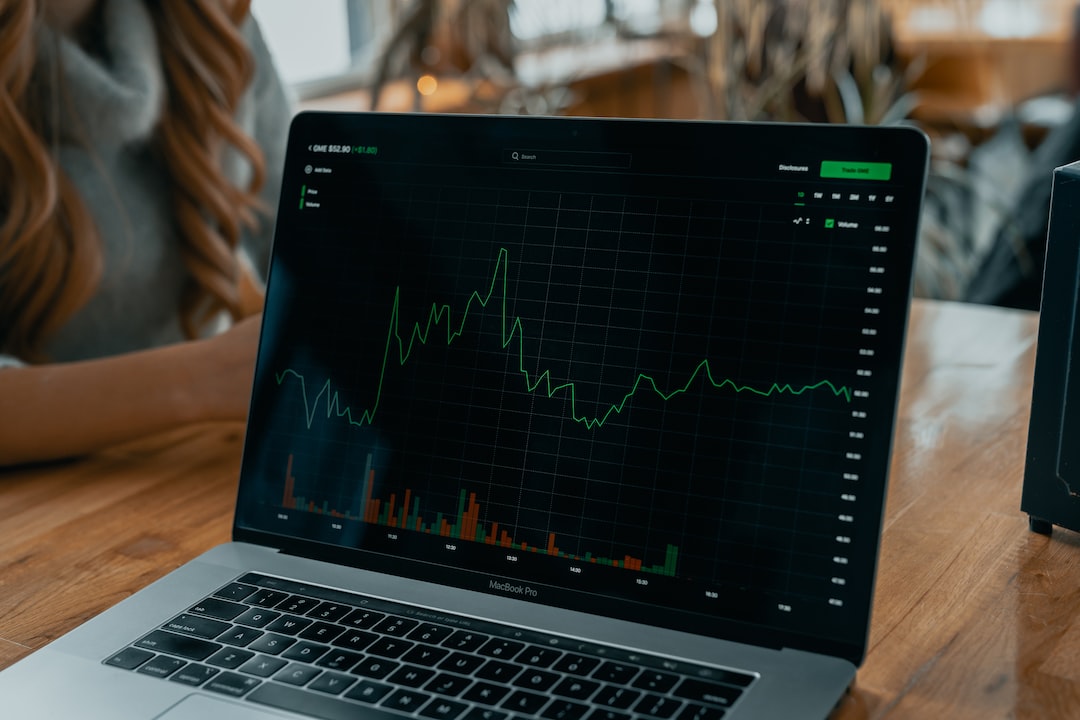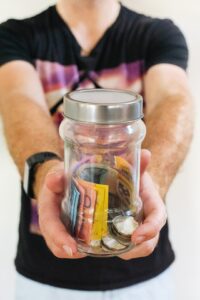Understanding Forex Trading in Papua New Guinea: A Beginner’s Guide
Forex trading, also known as foreign exchange trading, is a decentralized global market where currencies are bought and sold. It is the largest and most liquid market in the world, with an average daily trading volume of $6.6 trillion. Forex trading is becoming increasingly popular in Papua New Guinea, as more and more individuals are looking for alternative investment opportunities.
In this beginner’s guide, we will explore the basics of forex trading and how it works in Papua New Guinea.
1. What is Forex Trading?
Forex trading involves buying one currency and selling another simultaneously. Currencies are traded in pairs, such as USD/JPY (U.S. Dollar/Japanese Yen) or EUR/USD (Euro/U.S. Dollar). The value of a currency pair fluctuates based on various factors, including economic indicators, political events, and market sentiment.
2. Why Trade Forex?
Forex trading offers several advantages over other investment options. Firstly, it operates 24 hours a day, five days a week, allowing traders to participate at any time. This flexibility is particularly beneficial for individuals with full-time jobs or other commitments.
Secondly, the forex market is highly liquid, meaning that you can enter and exit trades quickly without significant price slippage. This liquidity ensures that traders can execute their trades at their desired prices.
Additionally, forex trading allows for leverage, which enables traders to control larger positions with a smaller amount of capital. However, it is important to note that leverage can amplify both profits and losses, so it should be used with caution.
3. Getting Started in Forex Trading
To start trading forex in Papua New Guinea, you will need a reliable internet connection, a computer or mobile device, and a trading account with a reputable broker. It is crucial to choose a broker that is regulated by a recognized authority, ensuring the safety of your funds and the integrity of the trading platform.
Once you have selected a broker, you will need to complete the account registration process, which typically involves providing personal information and verifying your identity. After your account is approved, you can deposit funds into your trading account and start trading.
4. Basic Forex Trading Concepts
Before diving into forex trading, it is essential to understand some basic concepts.
– Pips: A pip is the smallest unit of measurement in forex trading and represents the fourth decimal place in currency pairs. For example, if the EUR/USD pair moves from 1.2000 to 1.2001, it has increased by one pip.
– Lots: A lot is the standard unit size in forex trading. The standard lot size is 100,000 units of the base currency. However, there are also mini lots (10,000 units) and micro lots (1,000 units) available.
– Spread: The spread is the difference between the bid and ask price of a currency pair. It represents the cost of the trade and is typically measured in pips. Brokers make money through spreads.
– Stop Loss and Take Profit: A stop-loss order is a predetermined level at which a trade will be automatically closed to limit potential losses. Conversely, a take-profit order is a predetermined level at which a trade will be automatically closed to secure profits.
5. Developing a Trading Strategy
To succeed in forex trading, it is essential to develop a trading strategy. A trading strategy outlines the rules and guidelines you will follow when entering and exiting trades. It should take into account your risk tolerance, financial goals, and market analysis.
Some common trading strategies include trend following, range trading, and breakout trading. It is important to backtest your strategy using historical data and adapt it as market conditions change.
6. Educate Yourself and Practice
Forex trading is a skill that requires continuous learning and practice. There are numerous educational resources available, including online courses, books, and webinars. Take advantage of these resources to deepen your understanding of forex trading and develop your skills.
To gain practical experience without risking real money, consider opening a demo account with your chosen broker. A demo account allows you to trade with virtual funds in real-time market conditions, providing valuable hands-on experience.
In conclusion, forex trading offers a lucrative opportunity for individuals in Papua New Guinea to diversify their investment portfolio. By understanding the basics of forex trading, selecting a reputable broker, and developing a solid trading strategy, beginners can embark on their forex trading journey with confidence. Remember to educate yourself continuously and practice using a demo account to enhance your skills.






